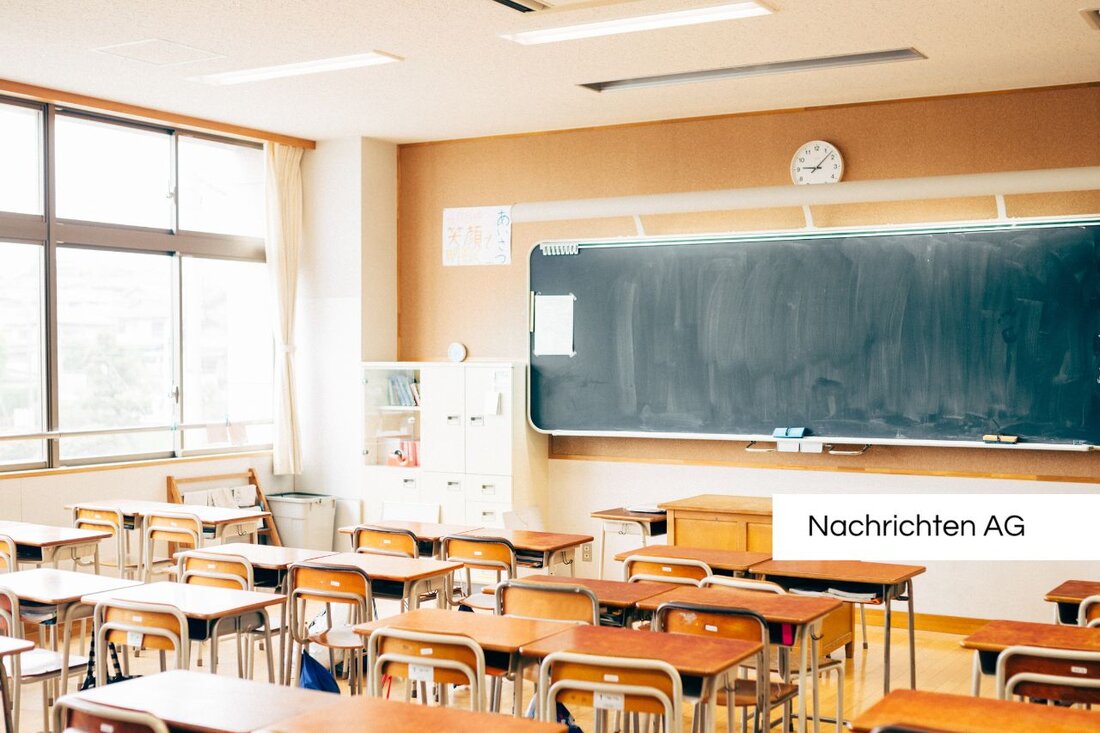Democracy education in schools: A path to responsible citizens!
Find out how the UNI Lüneburg promotes democracy education in schools and improves the way political education is handled.

Democracy education in schools: A path to responsible citizens!
Democracy education plays a central role in the German educational landscape. Prof. Dr. Harald Hantke from Leuphana University emphasizes that democracy has to be learned. This happens above all in schools, which offer an ideal area of experience due to their social diversity. In his remarks, he underlines the responsibility of schools to actively promote democracy. This means that society can be shaped in an inclusive and participatory manner. The schools therefore have a clear obligation in their educational mission that goes beyond pure specialist teaching. Democracy education should be anchored as a holistic component in the curriculum, not only in politics lessons, but also in subjects such as mathematics and German.
Hantke also points out the importance of school life outside of class, which also plays a role in democracy education. Schools are called upon to maintain lively networks with political institutions, NGOs and the media. The attitude of teachers and their further training are crucial for the implementation of these values. This ensures a comprehensive integration of democracy education based on democratically legitimized curricula. However, current surveys, such as those by Greenpeace, show that only 22% of 16 to 25 year olds see democracy as a problem solver. Many young people find democracy to be inefficient compared to autocratic decision-making processes, which often seem faster.
Political education as key
Politics lessons play an essential role in counteracting such perceptions. It can clarify the difference between output and outcome in democratic processes. The broad social legitimacy of democracies, even if their decisions are made more slowly, is an important aspect. One approach to improving the perception of democracy as a problem solver is to expand political education. This should be implemented both quantitatively and qualitatively by increasing the number of hours and the professionalization of teachers. Prof. Hantke's approaches are therefore part of a larger solution to meet the challenges of democracy education.
There has been a debate in Germany about the political socialization function of schools since the 1970s. At that time, critical aspects such as censorship and a lack of equal opportunities in the three-tier school system were highlighted. In the SPD-governed federal states, new schools were founded, especially comprehensive schools, in order to promote democratic school development. Willy Brandt spoke of “more democracy”, which positions the school as a central institution for securing democratic conditions. Initially, however, it became clear that student participation often ended in bureaucratic idleness.
Development of democracy education
In the following decades, the topic of democracy education was intensified. Projects such as “hands-on learning” at certain universities should promote these ideals. With the BLK model program “Learning & Living Democracy” from 2001 to 2007 and the “Acting Democratically” competition, a renewed interest in democratic school development was established. The founding of the German Society for Democracy Education in 2003 marked another important step in this direction.
Despite the positive developments, there were also challenges, such as criticism of the Beutelsbach Consensus. This consensus emphasizes that teachers should not engage in political overwhelm and that scientifically based solutions and consideration of student interests are important. Since 2009, the Conference of Ministers of Education and Cultural Affairs has made recommendations to strengthen democracy education. In 2019, Lower Saxony went a step further with the “Shaping Democratic” program to promote responsible citizens.
Overall, it shows that the integration of democracy education in schools is a dynamic process that is continually evolving. However, the path to promoting democratic values still presents many challenges that need to be overcome.

 Suche
Suche
 Mein Konto
Mein Konto